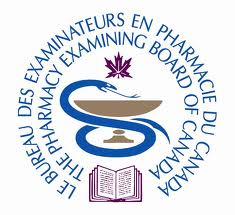to be hospital pharmacist 1

what do we mean exactly when we say ‘professional’? If you look
at a dictionary the definition is something like the following
1. Following an occupation as a means of livelihood or for gain: a professional
builder.
2. Of, pertaining to, or connected with a profession: professional studies.
3. Appropriate to a profession: professional objectivity.
4. Engaged in one of the learned professions: a lawyer is a professional
person.
5. Following as a business an occupation ordinarily engaged in as a
pastime: a professional golfer.
6. Making a business or constant practice of something not properly to be
regarded as a business: ‘A salesman,’ he said, ‘is a professional
optimist.’
7. Undertaken or engaged in as a means of livelihood or for gain: professional
baseball.
8. Of or for a professional person or his or her place of business or work:
a professional apartment; professional equipment.
9. Done by a professional; expert: professional car repairs.
Being a professional is defined as the following
* A person who belongs to one of the professions, especially one of the
learned professions.
* A person who earns a living in a sport or other occupation frequently
engaged in by amateurs: golf professional.
* An expert player, as of golf or tennis, serving as a teacher, consultant,
performer or contestant: pro.
* A person who is expert at his or her work: you can tell by her comments
that this editor is a real professional.
A more academic example of professionalism is:
‘Professionalism is demonstrated through a foundation of clinical competence,
communication skills, and ethical and legal understanding upon which is built
the aspiration to and wise application of the principles of professionalism,
excellence, humanism, accountability & altruism.’ (Stern, 2006, page19)
In professionalism:
* excellence is a commitment to competence and a desire to exceed
ordinary standards
* accountability includes self-regulation, standard setting, managing
conflicts of interest and the acceptance of responsibility
* altruism is ensuring that pharmacists act in the best interests of patients
and not self-interest
* humanism is behaving with respect, compassion, empathy, honour and
integrity.


Comments